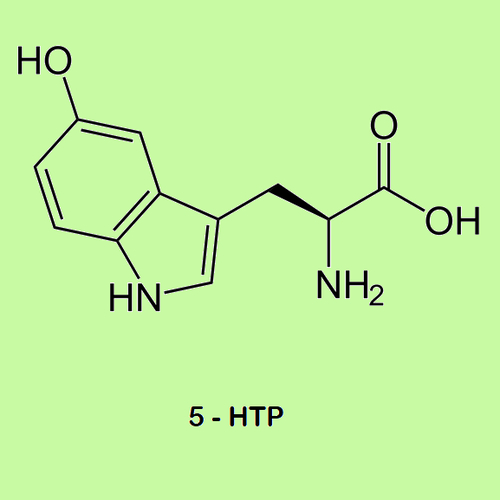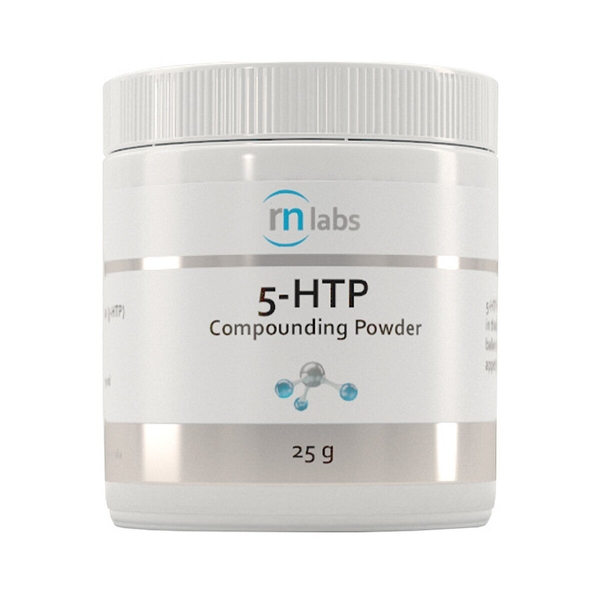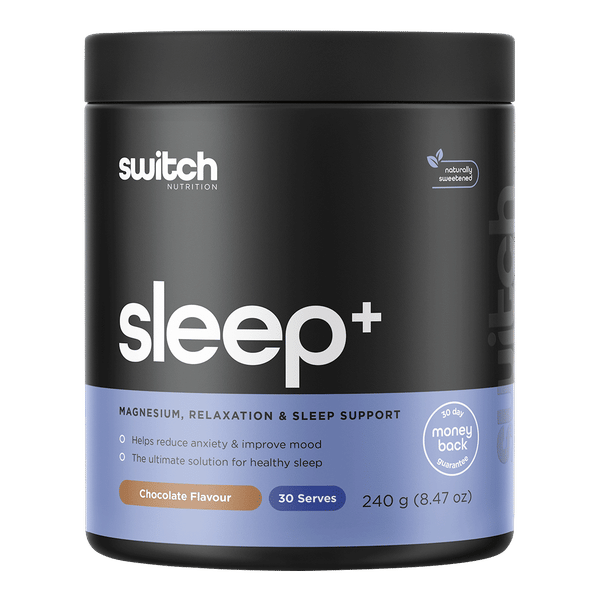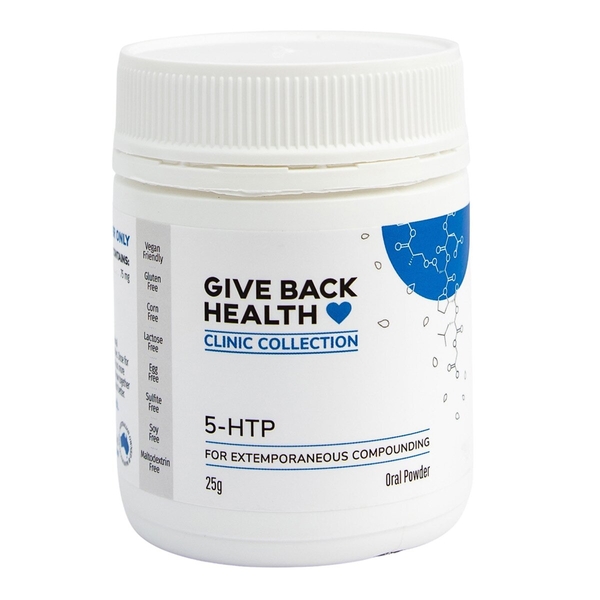
Background
5-HTP is a chemical byproduct of the protein building block L-tryptophan. It is produced commercially from the seeds of an African plant known as Griffonia simplicifolia. 5-HTP works in the brain and central nervous system by increasing the production of the chemical serotonin. Serotonin can affect sleep, appetite, temperature, sexual behavior, and pain sensation.
Since 5-HTP increases serotonin levels, it is used for conditions in which serotonin is believed to play an important role. These include depression, anxiety, and many other conditions, but there is no good scientific evidence to support most of these uses.
Safety Safety definitions
Some people who have taken 5-HTP have developed a serious health condition called eosinophilia-myalgia syndrome (EMS). Some people think EMS might be caused by an accidental contaminant in some 5-HTP products. But there's not enough scientific evidence to know if EMS is caused by 5-HTP, a contaminant, or some other factor. Until more is known, 5-HTP should be used cautiously.
Special Precautions & Warnings:
Pregnancy and breast-feeding: There isn't enough reliable information to know if 5-HTP is safe to use when pregnant or breast-feeding. Stay on the safe side and avoid use.Children: It is possibly safe for children to take 5-HTP by mouth at appropriate doses. In children under 12 years of age, 5-HTP seems to be safe at a dose of up to 5 mg/kg daily for up to 3 years.
Surgery: 5-HTP can affect a brain chemical called serotonin. Some drugs administered during surgery can also affect serotonin. Taking 5-HTP before surgery might cause too much serotonin in the brain and can result in serious side effects including heart problems, shivering, and anxiety. Tell patients to stop taking 5-HTP at least 2 weeks before surgery.
Effectiveness
- Depression. Taking 5-HTP by mouth seems to improve symptoms of depression in some people. It might work as well as some prescription antidepressant drugs.
- Down syndrome. Most research shows that taking 5-HTP by mouth does not improve muscle strength or development in children with Down syndrome.
Dosing & administration
Interactions with pharmaceuticals
Carbidopa (Lodosyn)
Interaction Rating=Moderate Be cautious with this combination.
5-HTP can affect the brain. Carbidopa can also affect the brain. Taking 5-HTP along with carbidopa can increase the risk of serious side effects including rapid speech, anxiety, aggressiveness, and others.
Sedative medications (CNS depressants)
Interaction Rating=Moderate Be cautious with this combination.
5-HTP might cause sleepiness and slowed breathing. Some medications, called sedatives, can also cause sleepiness and slowed breathing. Taking 5-HTP with sedative medications might cause breathing problems and/or too much sleepiness.
Serotonergic drugs
Interaction Rating=Moderate Be cautious with this combination.
5-HTP might increase a brain chemical called serotonin. Some medications also have this effect. Taking 5-HTP along with these medications might increase serotonin too much. This might cause serious side effects including heart problems, seizures, and vomiting.
Interactions with herbs & supplements
Herbs and supplements with serotonergic properties: 5-HTP increases a brain chemical called serotonin. Taking it along with other supplements that have this effect might cause serious side effects, including heart problems, seizures, and vomiting. Examples of supplements with this effect include black seed, L-tryptophan, SAMe, and St. John's wort.
Interactions with foods
Products
View all products- 5-Hydroxytryptophan (5-HTP) 99 mg
- L-glycine 2.5 g
- Magnesium citrate 320 mg
- Prunus cerasus 0.5 g
- Myo-inositol 0.9 g
- Flavour
- Phosphatidylserine enriched soy (powder) (Lecithin) 100 mg
- Sodium ascorbate (Vitamin C) 80 mg
- Ocimum tenuiflorum 500 mg
- Zinc amino acid chelate 12 mg
- Stevia rebaubiana
- Pyridoxal 5-phosphate (P5P) 3.2 mg
- Calcium L-5-methyltetrahydrofolate (Methyl folate) 400 μg
- Methylcobalamin (Activated B12) 5 μg
- Bacillus coagulans 2 billion CFU
- Theobroma cacao (Cocoa powder)
- Cyamopsis tetragonoloba (Guar gum)
- Pink Himalayan crystal salt
- Xanthan gum







